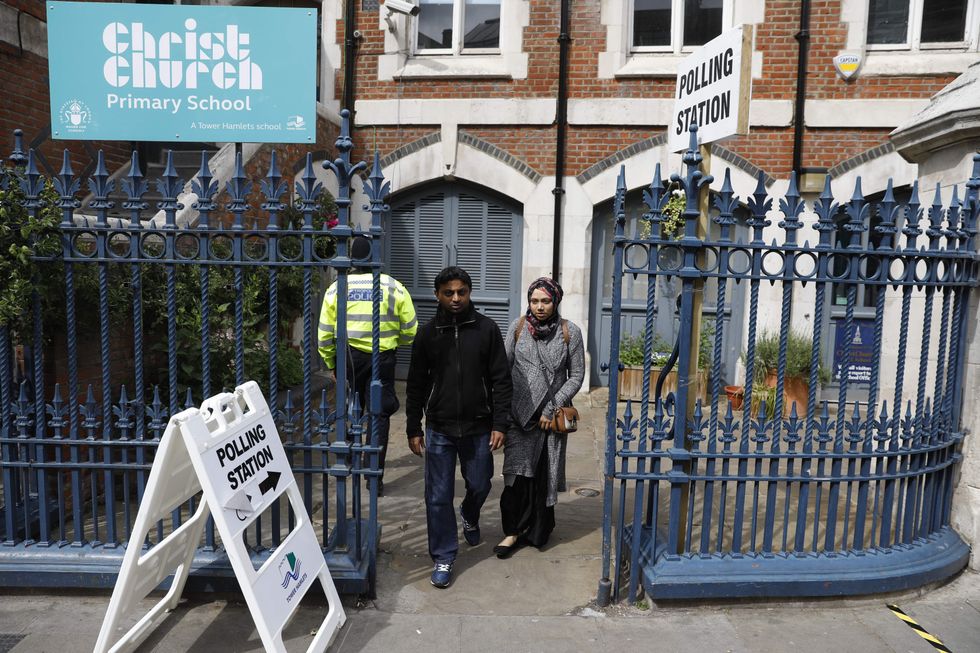The Home Office has acknowledged losing contact with thousands of migrants it plans to deport to Rwanda, just as it gears up to detain the first individuals this week.
According to a document released by the department, over 5,700 migrants were earmarked for removal. However, only 2,145 are currently in touch with the Home Office and can be located for detention, as reported by The Times.
The Home Office clarified that the remaining 3,557 migrants have not necessarily disappeared but cannot be found for detention due to not being under reporting restrictions.
Sources within the department expressed concerns to the newspaper about the likelihood of some migrants absconding following the launch of the deportation scheme to Rwanda.
Officials are scheduled to begin detaining migrants this week ahead of the inaugural flight to Rwanda. This information was disclosed in an update to the department’s equality impact assessment.
The migrants selected for deportation all entered the UK unlawfully between January 2022 and June 2023, and individuals who arrived within the last 10 months will not be part of the initial flights.
These migrants will be held at one of the UK’s six permanent immigration removal centres, with a maximum capacity of 2,175 people.
Home Office insiders informed The Times that between 400 and 700 spaces will be reserved for migrants bound for Rwanda. The remaining places will be utilised for detaining foreign criminals and other immigration offenders.
The Home Office also admitted the likelihood of facing significant attention from MPs due to the unique nature of the Rwanda scheme, possibly causing delays or cancellations.
The department assured that it has allocated extra staff to handle MPs’ representations.
Regarding new powers to disregard interim injunctions from the European Court of Human Rights, the document clarified that such powers will be used on a case-by-case basis by the Home Secretary.
The migrants targeted for removal to Rwanda had all previously received a "notice of intent" regarding their asylum claims. Afghan nationals form the largest group with such notices, followed by Albanians, Iranians, Eritreans, Syrians, Iraqis, and Sudanese, the newspaper reported.
The document also specified that while some migrants may prefer voluntary departure to their home countries, voluntary requests made after detention for removal will not be accepted.



















 Efforts are underway to modernise voting systems
Efforts are underway to modernise voting systems The exit poll showed a lead for Labour in the July general election, which may have put off some voters from casting their ballots
The exit poll showed a lead for Labour in the July general election, which may have put off some voters from casting their ballots
